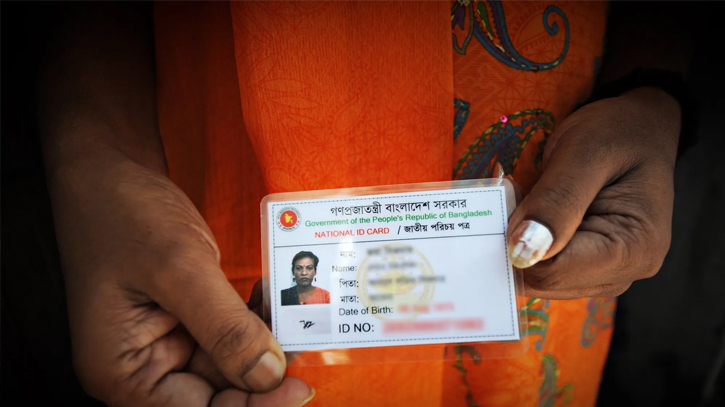
Transparency International Bangladesh (TIB) has expressed deep concern over the theft and online sale of citizens' confidential information and demanded severe punishment for those responsible.
The anti-graft watchdog highlighted the alarming nature of this data theft, involving the misuse of IDs of law enforcement officials responsible for protecting sensitive citizen information including call data records (CDRs), national identity card details, and mobile numbers from the National Telecommunication Monitoring Center (NTMC).
This breach violates constitutional commitments to safeguard personal data, it said.
TIB also urged swift enactment of the Personal Data Protection Act, 2024,
Referring to media sources, it said the NTMC system was exploited using the IDs of two law enforcement officers to collect and sell confidential information, including National Identity Card (NID) details and mobile call data records (CDR), for financial gain.
Terming it ‘alarming’ TIB Executive Director Dr. Iftekharuzzaman said, “Repeated incidents of theft involving personal and sensitive information like national identity cards and call data records are not new. Previously, Bangladeshi citizens experienced thefts of various confidential documents such as birth certificates and national identity cards at different times. Recent events have seen a surge in such breaches, with personal data being pilfered by law enforcement organizations tasked with safeguarding it. “
“The process and technical infrastructure used by the govt to protect citizens' sensitive information raises questions regarding its integrity and capability.”
He further said that it appears the government lacks the commitment and investment required to establish robust data protection mechanisms compared to the ill motive and activities of the groups who want to misuse them in the digital world.
Consequently, its efforts in this regard seem insufficient and ineffective, he said adding, “Therefore, it's not an overstatement to say that the government's legal and institutional initiatives to ensure data protection are nothing but superficial and appallingly risky.”
Dr. Zaman highlighted the recurring incidents of theft involving personal confidential information of Bangladeshi citizens, noting the absence of preventative measures.
While welcoming the decision by law enforcement agencies to suspend the user IDs of the implicated parties, he stressed the importance of identifying all individuals involved in the data trafficking and ensuring they face exemplary punishment through thorough investigation.
Mentioning not to see the incident as a separate event Dr. Zaman said that TIB’s review of the draft Personal Data Protection Act, 2024, identified a concerning risk of granting government agencies unchecked authority over personal data under the guise of national security and public interest.
Allowing such agencies unrestricted access to data servers without judicial oversight could lead to potential abuse of data without accountability, undermining the principles of the rule of law, he said.
Messenger/Mumu








